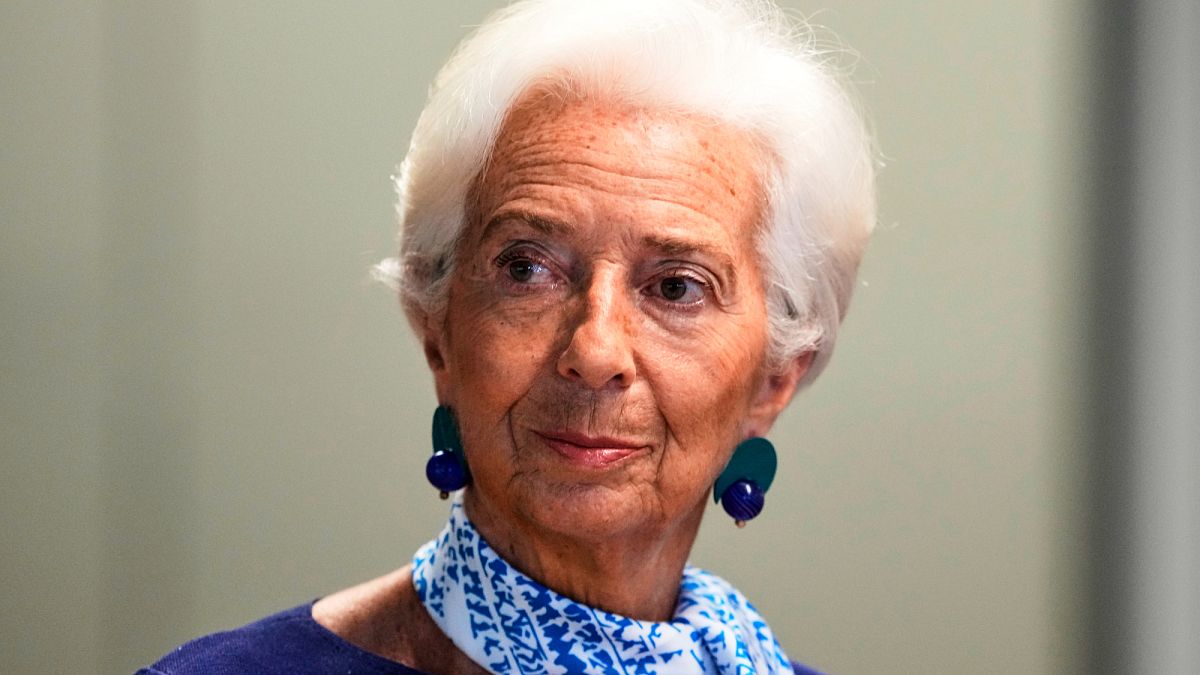

In a landscape shaped by intricate economic relations and strategic international dialogues, recent events illustrate the delicate balance world economies are striving to maintain. At the center of attention is the European economy, which has been navigating a complex web of monetary policies, trade negotiations, and geopolitical dynamics.
In an essential move, the European Central Bank (ECB) has opted to maintain stability by keeping interest rates unchanged as it observes a significant milestone—inflation reaching its coveted 2% target. Christine Lagarde, President of the ECB, emphasizes a patient, data-driven approach amidst global uncertainties that could influence the economic forecast. She reassures that the decision is grounded in a thorough analysis of risks and opportunities in a rapidly changing global landscape.
Moreover, the European Union (EU) has shown adaptability and determination in its trade dynamics with China. Following a pivotal summit in Beijing, EU leaders expressed optimism over progress in discussions regarding China’s rare earth export restrictions, which hold crucial implications for global supply chains. However, the EU continues to advocate for balanced trade relations, highlighting the need for mutual benefit and understanding in international commerce.
A transatlantic aspect of trade relations is also unfolding, with the EU drafting a contingency plan in response to tariffs imposed by the United States. A retaliatory list, targeting €93 billion worth of US products, signals the EU’s readiness to defend its economic interests should negotiations fail to yield a resolution by early August. As this unfolds, parallel trade discussions concerning steel tariffs reveal complex layers; the EU aims to mitigate the impacts of formidable levies, which pose a severe challenge to its steel industry.
The narrative of international trade relations further unfolds in the Pacific, where Australian Trade Minister Don Farrell addresses the potential long-term impacts of prevailing tariff wars, particularly those initiated by the US. Minister Farrell articulates Australia’s commitment to a balanced, rules-based trading system, warning of the broader economic ramifications should deviations from this framework persist.
On a more bilateral note, the recent visit by Indian Prime Minister Narendra Modi to the United Kingdom marks a momentous step in post-Brexit trade diplomacy. The landmark free trade pact signed between India and the UK promises economic benefits for both nations, targeting industries including automobiles and whisky in the UK, alongside offering India broader market access through visa concessions. This agreement symbolizes a significant political and economic victory for both countries, especially in an era underscored by shifting trade alliances and strategies.
As international actors strategize and negotiate, these unfolding dynamics illustrate a world delicately orchestrating the balance between collaboration and competition. Amidst these complexities, thoughtful engagement and carefully calibrated strategies remain key to navigating the present and forging paths towards sustained economic prosperity.
Source: {link}
